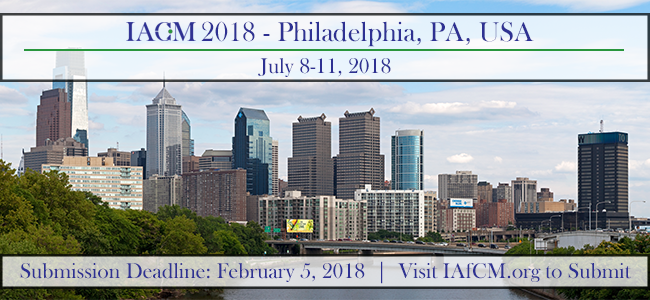Full Program »
A pleasant surprise in partisan politics: Avoidance of opposing views is partly driven by an affective forecasting error
People selectively consume information that aligns with prior beliefs (Hart et al., 2009), contributing to polarization and undermining democracy. Four studies (collective N=2,249) demonstrate that such “selective exposure” partly results from an affective forecasting error: political partisans systematically overestimate the strength of negative affect (i.e., feelings) that results from exposure to opposing views, and these incorrect estimates drive information consumption choices. Clinton voters overestimated the negative affect they would experience from watching President Trump’s Inaugural Address (Study 1) and from reading statements written by Trump voters (Study 2). Democrats and Republicans overestimated the negative affect they would experience from listening to opposing-party Senators (Study 3). The “affective forecasting errors” were driven by individuals’ tendencies to underestimate the extent to which (1) they would agree with the views of opponents; and (2) they would perceive opponents as possessing positive characteristics. Finally, in Study 4, correcting biased affective forecasts reduced selective exposure.
